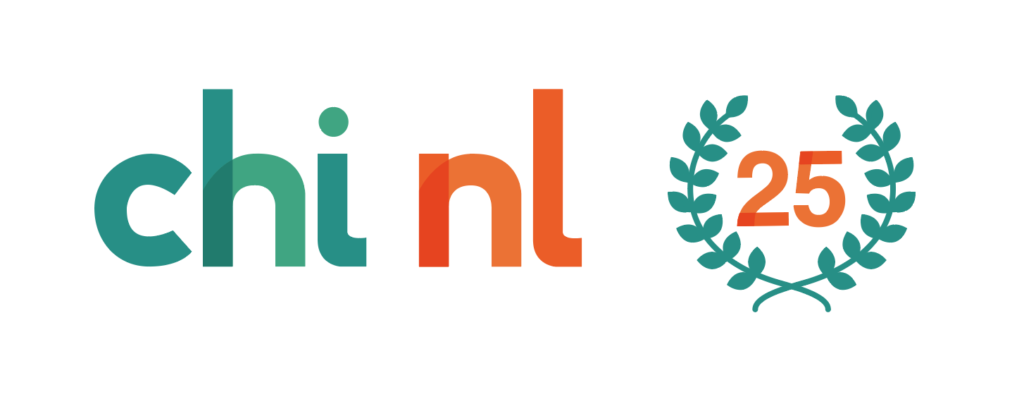Hello everyone! We are very pleased to to have Christine Bauer showcase her recent CHI 2022 Late-Breaking Work (LBW) with us, titled “To flip or not to flip: conformity effect across cultures“.
[Reading time: 5 min.]

Author names:
Bruce Ferwerda and Christine Bauer
Citation:
Bruce Ferwerda and Christine Bauer. 2022. To Flip or Not to Flip: Conformity Effect Across Cultures. In Extended Abstracts of the 2022 CHI Conference on Human Factors in Computing Systems (CHI EA ’22). Association for Computing Machinery, New York, NY, USA, Article 370, 1–7. https://doi.org/10.1145/3491101.3519662
TL;DR (if you had to describe this work in one sentence, what would you tell someone?):
We can observe that people rather conform with the opposing majority opinion if the outcome is negative (here: letting forego an option) rather than conforming with a positive majority opinion, with these differences being less pronounced for individualistic cultures than collectivist ones.
What problem is this research addressing, and why does it matter?
People tend to give up their personal judgments and opinions when challenged by an opposing majority. However, this conformity effect manifests differently across cultures and is dependent on the ‘flipping direction’. Group decision-support systems (such as in group recommender systems) should support such group dynamics to further unanimous agreements.
How did you approach this problem?
We developed an online experiment in which the participants needed to reach a positive group consensus on adding a song to a music playlist.
We asked a participant to grant us access to their top songs via the Spotify API. This way, we could retrieve songs with different chances of being initially favored or disliked by a participant.
We created groups of five. However, the only real person was the participant, whereas the other four members were bots. Upon presenting a candidate song, the participant was asked whether they would like to have it added to the playlist (Fig. 1). After seeing the group members’ ratings, the participants had the opportunity to revise their own (Fig. 2). After the final decision, a song was only added to the playlist if the group had reached a positive consensus (Fig. 3). Then, the experiment continued to the next candidate song.


What were your key findings?
Our findings indicate that cultural values play a role in the willingness to conform. Overall, conformity behavior was far less pronounced for participants from the UK (individualistic culture) compared to participants from India (collectivistic culture).
For both cultures, the tendency to conform is more pronounced when the outcome of the behavior is negative (in our study: not adding a song to the playlist); thus, letting forego an option. Hence, although the willingness to conform can be explained by cultural values, the sentiment of the flipping behaviors plays an important role, tool.
What is the main message you’d like people to take away?
People from collectivistic cultures show higher tendencies to conform with an opposing majority opinion than people from individualistic cultures. For both cultures, the tendency to conform is more pronounced when the outcome is negative, which has implications for the design of group decision-support systems. For instance, group recommendation algorithms may be designed in a way so that most group members will accept the final outcome.
What led / inspired you to carry out this research?
In general, I am interested in research that helps understanding human behavior.
In my project on culture-aware music recommender systems (Austrian Science Fund: V579), I integrated cultural aspects in recommenders where I focused on recommendations to individuals. When discussing with my then co-author Bruce Ferwerda, we found that many group recommender systems fall short in considering group dynamics. This inspired us to look into conformity behavior.
What kind of skills / background would you say one needs to perform this type of research?
This kind of research needs several skills. First, you need knowledge in how to design an experiment. This also requires a whole lot of creativity. Discussing options with colleagues and particularly trying to challenge those options and see if these hold, is very fruitful; and I am glad that I worked in a team for this study. Teaming up with someone is not a requirement, though. Knowledge in statistical analysis is, of course, needed, too. Also, using bots instead of further human participants per group was very useful for our study to better control the setting. This requires basic programming knowledge.
Any further reading you recommend?
- Christine Bauer and Bruce Ferwerda. 2020. Conformity behavior in group playlist creation. In Extended Abstracts of the 2020 CHI Conference on Human Factors in Computing Systems (CHI EA ’20). Association for Computing Machinery, New York, NY, USA, 1–10. https://doi.org/10.1145/3334480.3382942
- Senuri Wijenayake, Danula Hettiachchi, Simo Hosio, Vassilis Kostakos, & Jorge Goncalves. 2021. Effect of Conformity on Perceived Trustworthiness of News in Social Media. In IEEE Internet Computing. 25(1), pp. 12-19. https://doi.org/10.1109/MIC.2020.3032410
Your biography
Christine Bauer is an Assistant Professor at Utrecht University, The Netherlands. She is an experienced teacher in a wide spectrum of topics in computing and information systems—ranging from algorithms to adaptive interactive systems to research methods. Her research activities center on interactive intelligent systems. Thereby, she takes a human-centered computing approach, where technology follows humans’ and society’s needs. Central themes in her research are context and context-adaptivity. Recently, she focuses on context-aware recommender systems and concentrates on recommender systems in the music and media sector in particular. Core interests in her current research activities are fairness and multi-method evaluation.
Christine’s website: https://christinebauer.eu/
CHI NL Read takes place around once a month, where board members Lisa and Abdo invite a member of CHI NL to showcase a recent research paper they published to the wider SIGCHI community and world 🌍. One of the ideas of CHI NL Read is to make research a bit more accessible to those outside of academic HCI.

CHI Nederland (CHI NL) is celebrating its 25th year anniversary this year, and we have much in store to acknowledge this occasion. Stay tuned!
